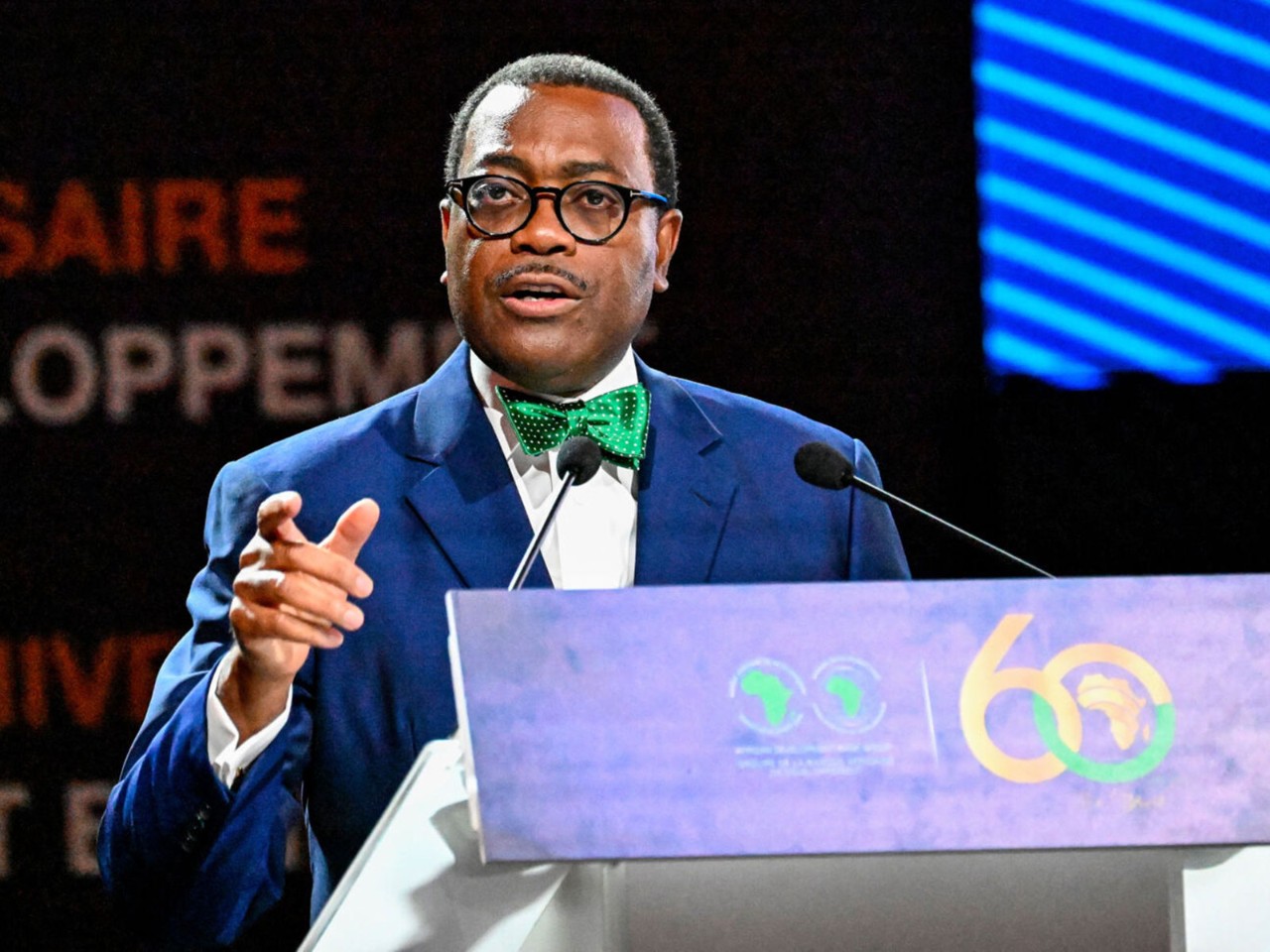
With a challenging year now in the rear-view mirror, there is some optimism towards accounting and finance recruitment in South Africa in 2025. Moving on from last year’s elections, the political climate is more settled and even positive, the country has assumed the G20 presidency, and its key Brics+ role gives it clout in a renewed focus on strengthening the Global South. Africa is also expected to post GDP growth this year, largely due to the strength of major economies such as South Africa.
‘While 2024 was challenging, we do anticipate growth to be gradual from 2025 onwards,’ says Michael Ellett, manager at Robert Walters South Africa. ‘Now, with the elections completed and positive sentiment about the current political landscape, coupled with an improvement in our electricity supply, business confidence has increased, although with global markets still struggling, growth will be held back slightly.’
The focus is on candidates who possess both technical and soft skills
While South Africa may face particular challenges, such as frequent power outages, like most of the rest of the world it is suffering a talent shortage in accounting. Indeed, the director general for the Department of Basic Education, Mathanzima Mweli, recently said that the fall in the number of students taking up accounting and mathematics remains a great concern.
Ellett says that businesses that don’t move fast enough are losing out on hard-to-find top talent in the candidate-short market. He has also seen some miss out through a failure to prioritise flexibility, demanding a complete return to the office for a workforce that prizes the remote or hybrid working it has grown used to since the pandemic.
Role/sector heatmap
South Africa’s job market is competitive, with a focus on candidates who possess both technical and soft skills such as communication and problem-solving abilities.
The demand for accounting professionals is expected to remain strong, particularly in specialised areas such as forensic accounting, tax, financial planning and analysis (FP&A), financial reporting and management accounting.
A notable trend is for adaptability to changing compliance requirements
Companies are increasingly looking for candidates with advanced skills in technology and data analysis, reflecting the growing importance of digital tools in accountancy practices and finance departments. There is also a notable trend towards hiring professionals who can adapt to changing regulations and compliance requirements.
‘Businesses are looking to get the best value for money by targeting roles that can be done by one person where historically they would have been done by two or three people,’ says Ellett. ‘The commercial finance and FP&A space generally requires experience and an authoritative approach, which works well for this narrative.
‘Organisations are also looking to cut costs and make quick financial decisions, so management accountants are well placed to provide a “live picture” of a business’s finances, thus making it a priority to hire good management accountants. Lastly, companies are exploring ways to find surplus cash through being more strategic and effective around their tax obligations and leveraging the most from surplus cash.’
Top skills
Ongoing digital transformation, including the adoption of artificial intelligence (AI), machine learning and automation, is set to further drive demand for accounting and finance professionals capable of integrating systems and getting extra value from them.
The automation of routine tasks may increase demand for higher-skilled roles
The tech shift will benefit professionals skilled in data analysis, financial modelling and the use of financial software systems. It may also lead to the automation of routine tasks, potentially reducing the number of entry-level positions but increasing the demand for higher-skilled roles.
The candidates that will most likely pique the interest of employers undertaking digital transformation and/or finance automation integration are those with expertise in ERP systems such as SAP, Datev, Navision, Oracle and Microsoft Dynamics, and analytical skills and proficiency in tools such as Power BI, Tableau, QlikView and Cognos.
Salaries
While Ellett expects basic salaries to remain the same, he does anticipate that good candidates will have several options in the job market, which will drive the possibility of larger than normal increases for top talent. ‘We also anticipate that businesses will look to short-term/long-term incentives to offer more lucrative packages to secure talent,’ he says.
Naturally, at the very top – namely, CFOs of the Johannesburg Stock Exchange’s Top 40 Index companies (the J200) – the rewards are greatest. The salary range here runs from R2.6m to R4m for candidates with at least 10 years’ experience.
Candidates want to see clear career growth prospects
Beyond salary
Candidates appreciate strong and consistent communication from employers. They also want to see clear growth prospects, with learning and development opportunities, and flexibility, including hybrid/remote working options.
Mental health and wellbeing is growing in importance. This can manifest in expanded benefits, such as mental health days, access to counselling services, and wellness programmes aimed at promoting holistic employee health.
Also popular are learning and development programmes (especially in AI, automation/machine learning, analytical tools, and leadership) and professional qualification support (such as for ACCA). Tailored work-life balance opportunities, bonus schemes, share options, pension contributions, additional holiday and private medical cover are other on-trend benefits.
More information
See the Robert Walters South Africa salary guide
Visit the ACCA Careers hub



